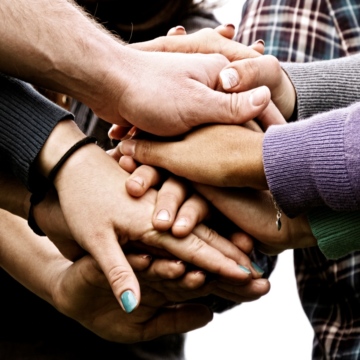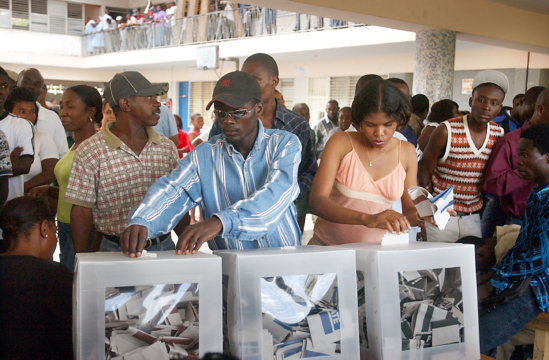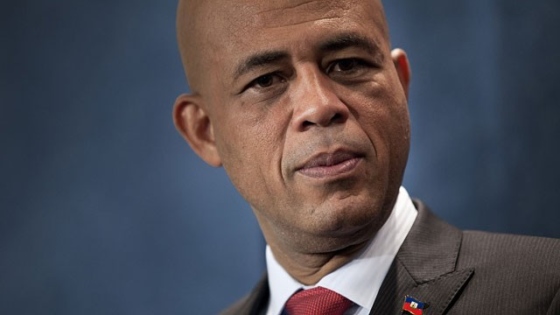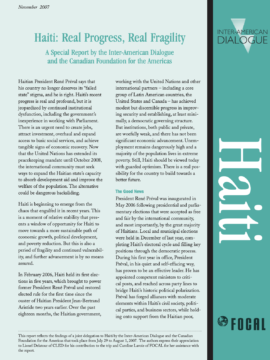
Latin American & Caribbean Remittances, 2015
The Continued Growth of Family Remittances to Latin America and the Caribbean in 2015
The Continued Growth of Family Remittances to Latin America and the Caribbean in 2015
More than 5 years after a devastating earthquake, Haiti’s electoral cycle reveals a troubling reality in the country
How are Haiti’s elections shaping up? Has enough been done to ensure that they are clean?
Why do Haitians leave their homeland? How do their leaders interact with government and civic institutions in their new localities?
When Haiti was struck by a devastating earthquake, the administration of U.S. President Barack Obama quickly absorbed the depth of the tragedy and necessity of a robust U.S. response. Unless the U.S. adopts a proactive role, Haiti’s fragmented political landscape threatens to deteriorate into a political vacuum that will compound the current crisis.
After a 7.0 magnitude earthquake struck Haiti, the aftershock reached China in ways that few anticipated.The earthquake forced Chinese leaders to navigate the tricky politics of disaster relief.
The worldwide outpouring of support for Haitians from governments and ordinary citizens has been extraordinary. But this heroic phase of the emergency response is drawing to a close.
The sudden U.S. presidential unity on Haiti is promising, because Haiti has long been the subject of bitter partisan bickering in Washington.
Haiti is not only the poorest country in the Western Hemisphere, it is also the least educated. Roughly half the population is illiterate. Only two-thirds of children who begin primary school complete it.
The earthquake in Haiti has exacerbated an existing distress during the international recession and increased uncertainty of what to do and how to help.
Even before a massive earthquake transformed much of the capital city of Port-au-Prince into rubble, Haitians were already bound together by the shared trauma of collective memory.
Since achieving independence in 1804 to become the world’s first free black state, Haiti has been beset by turbulent, often violent, politics and a gradual but seemingly unstoppable slide from austerity to poverty to misery.
Haiti represents one of the most complex and deeply rooted challenges facing U.S. foreign policy in the Western Hemisphere: a failing state on the doorstep of the world’s most powerful nation.
Haitian President René Préval says that his country no longer deserves its “failed state” stigma, and he is right. Haiti’s recent progress is real and profound, but it is jeopardized by continued institutional dysfunction, including the government’s inexperience in working with Parliament.
 Video
Video

